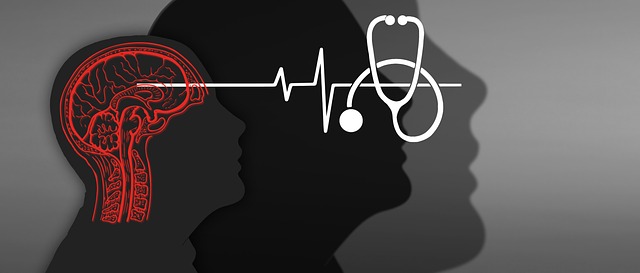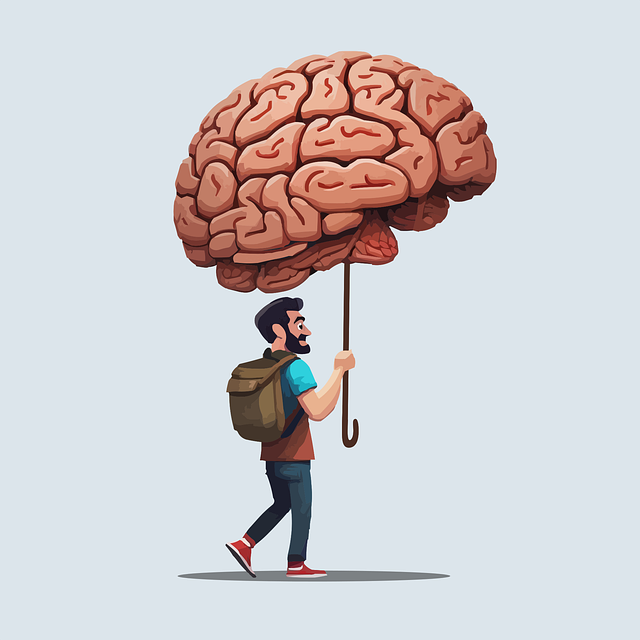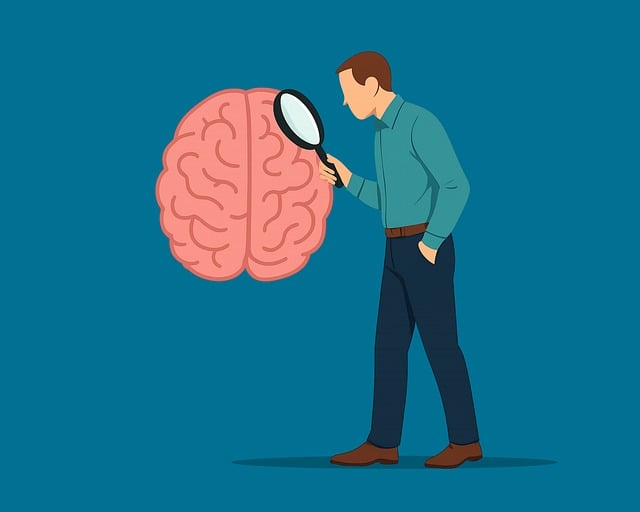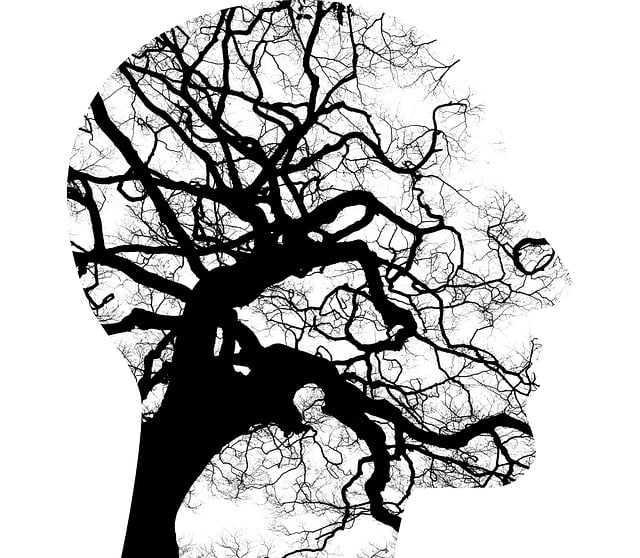Colorado Springs Adjustment Disorder Therapy leverages coping skills development through introspection, cognitive-behavioral therapy (CBT), mindfulness, and self-compassion practices like journaling. Integrated with healthy habits and support systems, these strategies empower individuals to manage stress, regulate emotions, build resilience, and enhance overall mental wellness, addressing the unique challenges of adjustment disorders.
In the pursuit of mental well-being, coping skills development is an invaluable asset, especially in managing adjustment disorders. This article guides you through a comprehensive journey towards understanding and enhancing your resilience. We explore the significance of coping skills in therapy, offering insights on identifying personal strategies and integrating them into daily life.
Learn effective techniques to build resilience and discover resources tailored for Colorado Springs Adjustment Disorder Therapy, empowering you to lead a fulfilling life.
- Understanding Coping Skills and Their Importance in Therapy
- Identifying Personal Coping Strategies: A Journey Inward
- Building Resilience: Effective Techniques for Adjustment Disorder
- Integrating Coping Skills into Daily Life: Tips for Success
- Colorado Springs Adjustment Disorder Therapy: Resources and Support
Understanding Coping Skills and Their Importance in Therapy

Coping skills are adaptive behaviors and strategies that individuals use to manage stress, emotions, and challenging situations. They play a pivotal role in therapy, especially when addressing conditions like the Colorado Springs Adjustment Disorder. Understanding what coping skills are and their significance in therapeutic processes is essential for both therapists and clients.
In the context of Colorado Springs Adjustment Disorder Therapy, compassion cultivation practices have emerged as valuable tools. These practices encourage individuals to develop self-compassion, which can help manage symptoms related to anxiety relief. The Mental Wellness Podcast Series Production often highlights effective coping strategies, providing insights into techniques that promote mental wellness. By learning and implementing these skills, clients can enhance their ability to navigate difficult circumstances, improve emotional regulation, and foster a sense of resilience, ultimately leading to more fulfilling lives.
Identifying Personal Coping Strategies: A Journey Inward

In the journey toward coping skills development, the first step is often a profound inward look—a process that Colorado Springs Adjustment Disorder Therapy encourages deeply. This introspective exploration involves identifying personal coping strategies that are unique to each individual. By delving into one’s thoughts, emotions, and behaviors, individuals can uncover innate strengths and resources that play a pivotal role in navigating life’s challenges. This self-discovery is crucial for building resilience, as it enables people to harness their internal capabilities to cope effectively with stress, anxiety, or even traumatic experiences.
Through reflective practices such as journaling—an excellent Emotional Well-being Promotion Technique—one can gain profound insights into their triggers, emotional patterns, and coping mechanisms. Mental Wellness Journaling Exercise Guidance can include prompts like exploring past experiences, identifying recurring emotions, and reflecting on personal values. This process not only fosters self-awareness but also empowers individuals to develop adaptive strategies tailored to their distinct needs, ultimately enhancing their overall mental wellness.
Building Resilience: Effective Techniques for Adjustment Disorder

In Colorado Springs Adjustment Disorder Therapy, building resilience is a cornerstone of coping skills development. Effective techniques focus on empowering individuals to adapt and bounce back from life’s challenges. Therapists often utilize cognitive-behavioral therapy (CBT) to help clients identify and change negative thought patterns that can lead to depression or anxiety. By learning self-care practices like mindfulness meditation and deep breathing exercises, folks gain tools to manage stress and enhance their emotional well-being. These strategies not only help with adjustment disorder symptoms but also serve as long-lasting coping mechanisms for future stressors.
In addition to CBT and self-care, boosting confidence plays a crucial role in recovery. Therapists assist clients in reframing failures as learning opportunities and celebrating small victories. This positive reinforcement builds resilience and fosters a sense of self-efficacy, making it easier to navigate life transitions. Depression prevention is also addressed through teaching healthy habits such as regular exercise, adequate sleep, and a balanced diet. By integrating these strategies into daily routines, individuals with adjustment disorder in Colorado Springs can develop lasting coping skills that support their mental health and overall quality of life.
Integrating Coping Skills into Daily Life: Tips for Success

Integrating coping skills into daily life is a crucial step for anyone seeking to manage stress and overcome challenges. For individuals dealing with an adjustment disorder in Colorado Springs, these strategies become essential tools. Start by identifying triggers that cause distress; this awareness allows you to anticipate and prepare for potential setbacks. Incorporate regular self-care practices such as exercise, meditation, or journaling to promote emotional regulation and enhance mental well-being. These activities serve as healthy outlets for processing emotions effectively.
Seek support from friends and family who can offer a listening ear and provide encouragement. Consider joining support groups where you can share experiences and learn from others facing similar challenges. Additionally, professional therapy plays a vital role in refining coping mechanisms. A qualified therapist in Colorado Springs can guide you through techniques tailored to your specific needs, fostering improved emotional resilience and overall mental health policy advocacy for better self-care practices.
Colorado Springs Adjustment Disorder Therapy: Resources and Support

In Colorado Springs, individuals struggling with adjustment disorders can find specialized support through various therapy options. These services cater to those who are facing challenges in coping with significant life changes, transitions, or stressful events. The city boasts a range of mental health professionals who employ evidence-based practices to help clients develop inner strength and resilience.
One effective approach is Cognitive Behavioral Therapy (CBT), which teaches individuals to identify and change negative thought patterns and behaviors. This type of therapy empowers people to manage their symptoms, enhance emotional healing processes, and cultivate mind over matter principles. Additionally, support groups and individual counseling sessions are widely available, providing a safe space for sharing experiences and learning coping skills tailored to adjustment disorders.
Coping skills development is a vital aspect of therapy, especially in managing adjustment disorders. By understanding and adopting effective strategies, individuals can navigate life’s challenges with greater resilience. The resources and support available through Colorado Springs Adjustment Disorder Therapy offer a transformative journey towards personal growth and improved well-being. Integrating these coping skills into daily routines enables folks to embrace change, foster adaptability, and lead more fulfilling lives.














